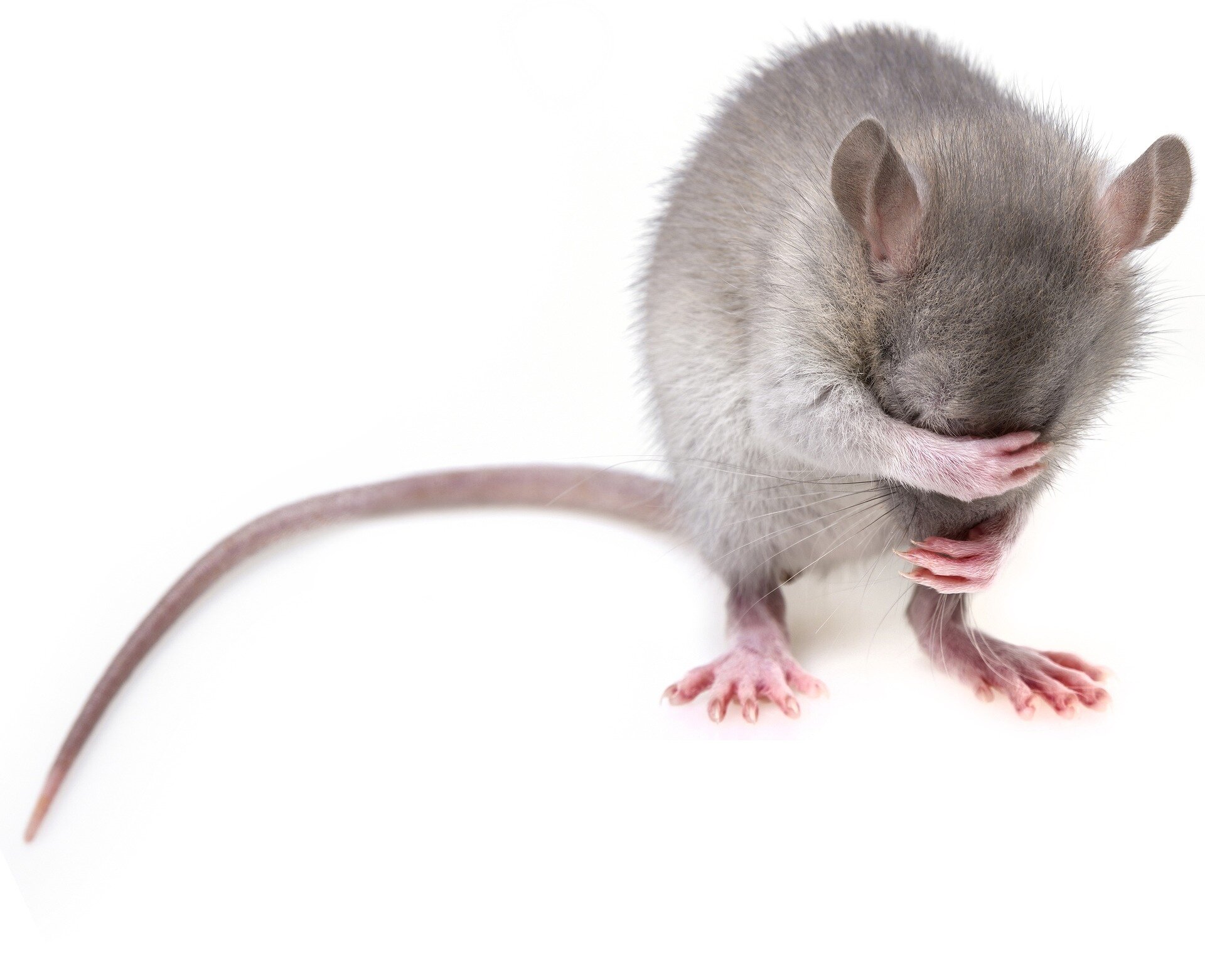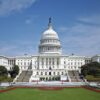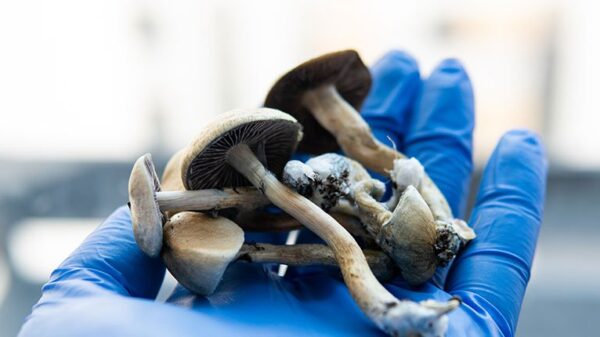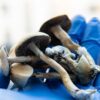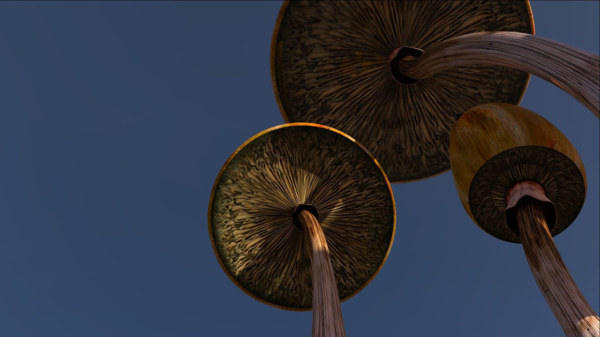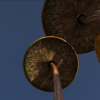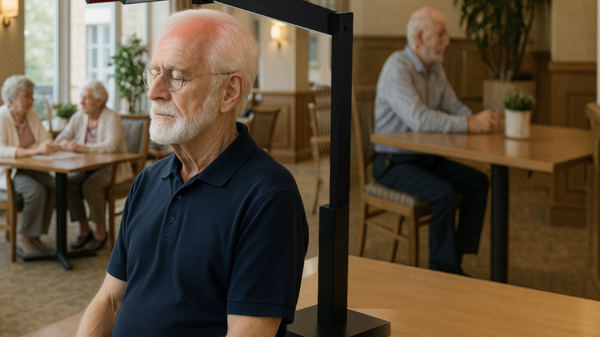A recent rat study completed in Massachusetts has demonstrated the immense potential psilocybin mushrooms have for preventing cognitive decline in humans after brain injuries.
In this preliminary investigation from Northeastern University in Boston, the researchers subjected rodents to mild concussive blows to the head. They were intended to mimic the type of injury a football player might receive. They then administered psilocybin via an injection and its examined its impact with MRI scans.
“The repetitive mild head injury used in this study was designed to reflect the human experience,” the authors specified in their paper.
What they discovered was that the mushrooms helped restore normal brain function in the animals. Northeastern’s psychology and pharmaceutical science professor, Craig Ferris, said he was absolutely stunned by the outcomes.
“It actually improves these neuroradiological measures associated with head injury,” Ferris stated in an article from the school.
“You give the psilocybin and not only does it return to normal, but the brain becomes hyper connected.”
The study’s preprint was published last month and is yet to undergo peer review. Although much research has been completed on the therapeutic potential of magic mushrooms for conditions like depression and PTSD, this assessment was one of the first for traumatic brain injuries.
Research has shown that receiving multiple knocks to the head can potentially lead to conditions such as Alzheimer’s, Parkinson’s and dementia later down the road.
Read more: 51 Colorado residents become state’s first certified magic mushroom therapists
Read more: ‘Snowball Cubensis’ psilocybin strain turns heads, completely unique
Combat sports athletes & hockey players advocate for psilocybin
As Northeastern’s study is one of the first of its kind, which still needs to be peer reviewed, additional research on this topic is needed.
However, many athletes with a history of brain damage during their careers have been speaking out about the beneficial effects of psilocybin fungi recently. This phenomenon indicates that the American school is onto something.
Former UFC fighter Ian McCall is one of them. The impact of repeated head trauma during his career bouts left him with severe depression and symptoms of cognitive decline. He then turned to psilocybin therapy and a mushroom microdosing regimen, which had a huge impact.
“I’m not going to sit in bed and think about killing myself anymore,” McCall said after the unorthodox treatment sessions. “I get up and I look in the mirror and I laugh, and I smile.”
Read more: Most athletes interested in psilocybin for concussion recovery, research shows
Psilocybin enhances neuroplasticity & reduces inflammation
Mike Tyson, boxer Mike Lee and MMA veteran Dean Lister are known to have taken the psychedelic to improve their mental health as well. Tyson says he eats mushrooms every day.
Also, former NHL player Daniel Carcillo, who says that psilocybin therapy was a life saver for him after a career on the ice with seven diagnosed concussions and over 150 scraps.
He spent more than half a million on conventional brain treatments with no avail before turning to psychedelic fungi as a last resort.
From NHL champion to brain injury survivor to psychedelic advocate: @CarBombBoom13 shares how psilocybin opened a path to healing after traditional treatments failed. A powerful conversation with @paulaustin3w about brain injury treatment.
Full episode: https://t.co/tzIpB89eOj pic.twitter.com/mJJ5lqiAG8
— Third Wave (@thirdwaveishere) February 3, 2025
rowan@mugglehead.com

